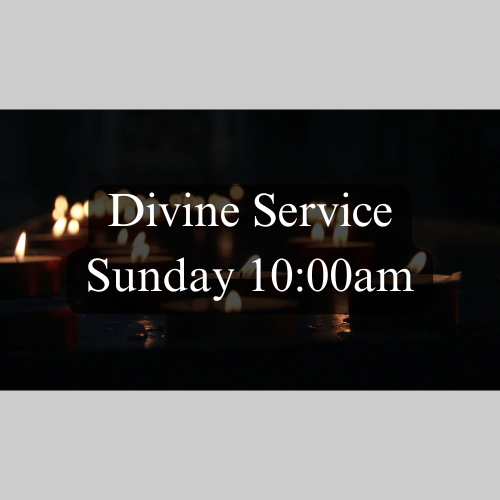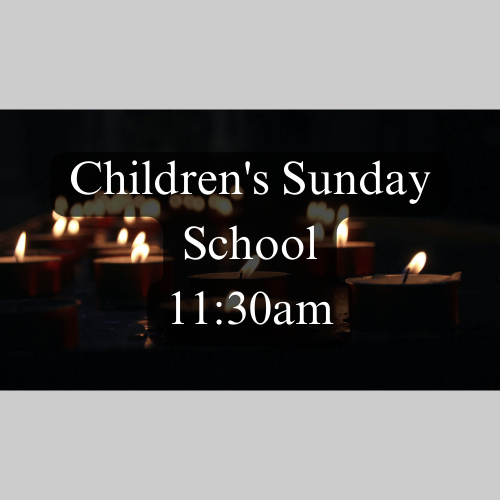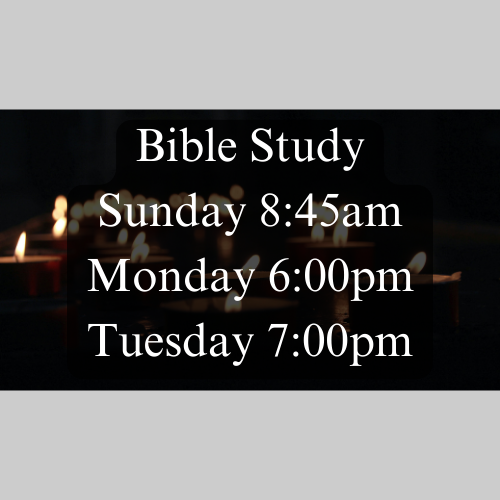Closed Communion
Closed Communion
At Bethlehem Lutheran Church, our practice is to have Closed Communion, that is, we do not serve the Lord's Supper on a “come one, come all” basis. Visitors to our services may not understand this, so please take a few moments to read about why we have Closed Communion.
“When our Lord and Master Jesus Christ said, 'Repent' (Matthew 4:17), he willed the entire life of believers to be one of repentance.” — Martin Luther
“I received from the Lord what I also delivered to you, that the Lord Jesus on the night when he was betrayed took bread, and when he had given thanks, he broke it, and said, “This is my body, which is for you. Do this in remembrance of me.” In the same way also he took the cup, after supper, saying, “This cup is the new covenant in my blood. Do this, as often as you drink it, in remembrance of me.” For as often as you eat this bread and drink the cup, you proclaim the Lord's death until he comes. Whoever, therefore, eats the bread or drinks the cup of the Lord in an unworthy manner will be guilty concerning the body and blood of the Lord. Let a person examine himself, then, and so eat of the bread and drink of the cup. For anyone who eats and drinks without discerning the body eats and drinks judgment on himself.” (1 Corinthians 11:23-29)
St. Paul teaches us that we must believe two core teachings about the Sacrament of the Altar. First, that we are sinners called to repent through self-examination. Second, that Jesus is truly and physically present in body and blood in the Supper forgiving us our sins (Matthew 26:26-28, Mark 14:22-24, Luke 22:19-20). If anyone believes he does not need the forgiveness offered in the Sacrament, he is unworthy of the gift. If anyone does not believe Christ is truly present for us in the bread and wine, he is unworthy of the gift. St. Paul warns us to refrain from this sacred gift if we do not believe these two things. For to eat and drink without discerning that the body of Christ is truly present brings guilt and risks the judgment of God.
St. Paul also writes, “This is how one should regard us, as servants of Christ and stewards of the mysteries of God.” (1 Corinthians 4:1). Pastors are servants of Christ and stewards of God's mysteries, God's Sacraments. Therefore, pastors are given authority over the distribution of the Lord's Supper and are bound to give the gift to those who share these teachings or risk judgment themselves. If you do not believe as we do or have not had the opportunity to speak with a pastor, you are still welcome to come to the Table of the Lord for a blessing. We ask that you cross your arms over your chest to indicate you will be receiving a blessing.
The grace of our Lord Jesus Christ be with you.



